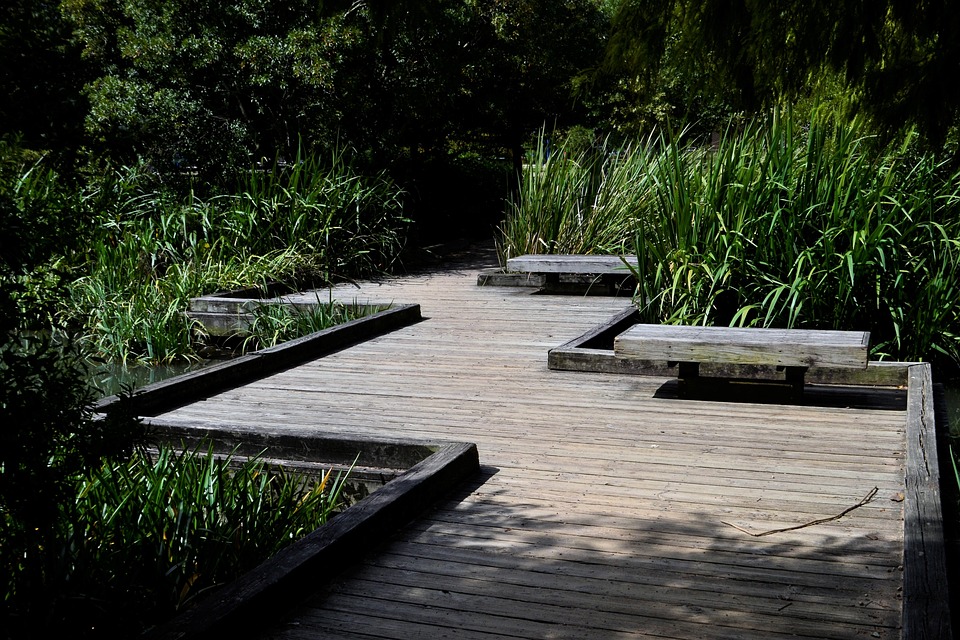Introduction
When it comes to camping in hot weather, it’s important to take precautions to keep yourself and your fellow campers safe and comfortable. High temperatures and sun exposure can lead to dehydration, heat exhaustion, and even heatstroke. However, with proper planning and awareness, you can heat-proof your camping trip and enjoy the great outdoors without any heat-related issues.
Drink Plenty of Water and Hydrating Beverages
Staying hydrated is essential when camping in hot weather. Bring an ample amount of drinking water with you, and remember to drink regularly to replace the fluids lost through sweating. It’s also a good idea to pack some electrolyte-rich beverages or sports drinks to replenish essential minerals and salts.
Invest in a quality, insulated water bottle or hydration pack to keep your water cool throughout the day. Consider freezing a few water bottles beforehand, which will thaw as the day progresses and provide refreshingly chilled water later on.
Choose the Right Camping Spot
Selecting a suitable campsite is crucial for heat-proofing your camping trip. Look for a spot that offers natural shade, like under trees or near rocky formations. Avoid pitching your tent in direct sunlight or low-lying areas that can trap heat. Consult camping guides, websites, or other campers’ reviews to find sites with good shade options.
If possible, opt for sites near bodies of water, such as lakes or rivers. The proximity to water can provide a cooling effect, and you can take occasional dips to cool down throughout the day.
Plan Your Activities Wisely
Avoid high-intensity activities during the hottest parts of the day. Plan your hikes or physically demanding activities for early mornings or late afternoons when temperatures are lower. Use the hottest part of the day for quieter activities like reading, playing games in the shade, or taking a refreshing siesta in your tent.
When engaging in physical activities, take frequent breaks in shaded areas to rest and rehydrate. Wear light-colored, breathable clothing, and don’t forget to apply sunscreen with a high SPF rating to protect your skin from sunburns.
Create Shade
Even at a campsite with limited shade options, you can create your own shade to beat the heat. Bring along a large canopy or tarp that you can set up over your campsite to create a shaded area. This will provide a cooler space for eating, relaxing, and escaping the direct sunlight during the hottest parts of the day.
Consider bringing some portable camping fans to enhance air circulation within your tent or under the shade. These fans can provide a much-needed breeze to keep you cool during the day and help you sleep better at night.
Keep Your Food and Cooking Area Cool
Heat can not only affect your well-being but also impact your food safety. Store your perishable foods in a cooler with ice or refrigerating blocks to keep them fresh and safe to consume. Place the cooler in a shaded area and keep it closed as much as possible. Separate food and beverages into different coolers so that frequently opened items won’t let out the cold air meant for your food.
When cooking, try to plan meals that require minimal time over the fire or stove. Opt for cold meals or snacks like sandwiches, fruits, salads, or pre-cooked meals that don’t need much heat. This will help reduce the heat generated around your cooking area.
Be Prepared for Emergencies
Despite all the precautions, emergencies can still happen. Make sure you have a well-stocked first aid kit that includes items to treat heat-related issues, such as sunburns, heat cramps, and heat exhaustion. Learn the signs and symptoms of heat-related illnesses and how to respond to them.
Keep emergency contact numbers and the location of the nearest medical facilities readily available. Inform your camping companions about the signs to watch out for and what actions to take in case someone experiences heat-related distress.
FAQs
Q: How much water should I drink while camping in hot weather?
A: It’s recommended to drink at least 2-4 liters of water per day while camping in hot weather. Remember to drink regularly to stay properly hydrated.
Q: Can I drink alcohol while camping in hot weather?
A: It is advisable to limit alcohol consumption during hot weather camping. Alcohol can increase dehydration and impede your ability to regulate body temperature.
Q: What are the signs of heat exhaustion?
A: Signs of heat exhaustion include heavy sweating, weakness, dizziness, nausea, headache, and clammy skin. If you experience these symptoms, move to a cooler area, drink water, and apply cool compresses. Seek medical attention if symptoms persist or worsen.
Q: Can I use a regular tent or do I need a specific heat-resistant tent?
A: A regular tent is sufficient for camping in hot weather. Focus on creating shade over your campsite using tarps or canopies and ensure proper airflow to keep the tent cooler.
Q: Are there any clothing materials that can help keep me cooler?
A: Opt for lightweight, breathable fabrics like cotton or linen. These materials allow better airflow and evaporation of sweat, helping to keep you cooler compared to synthetic fabrics.




